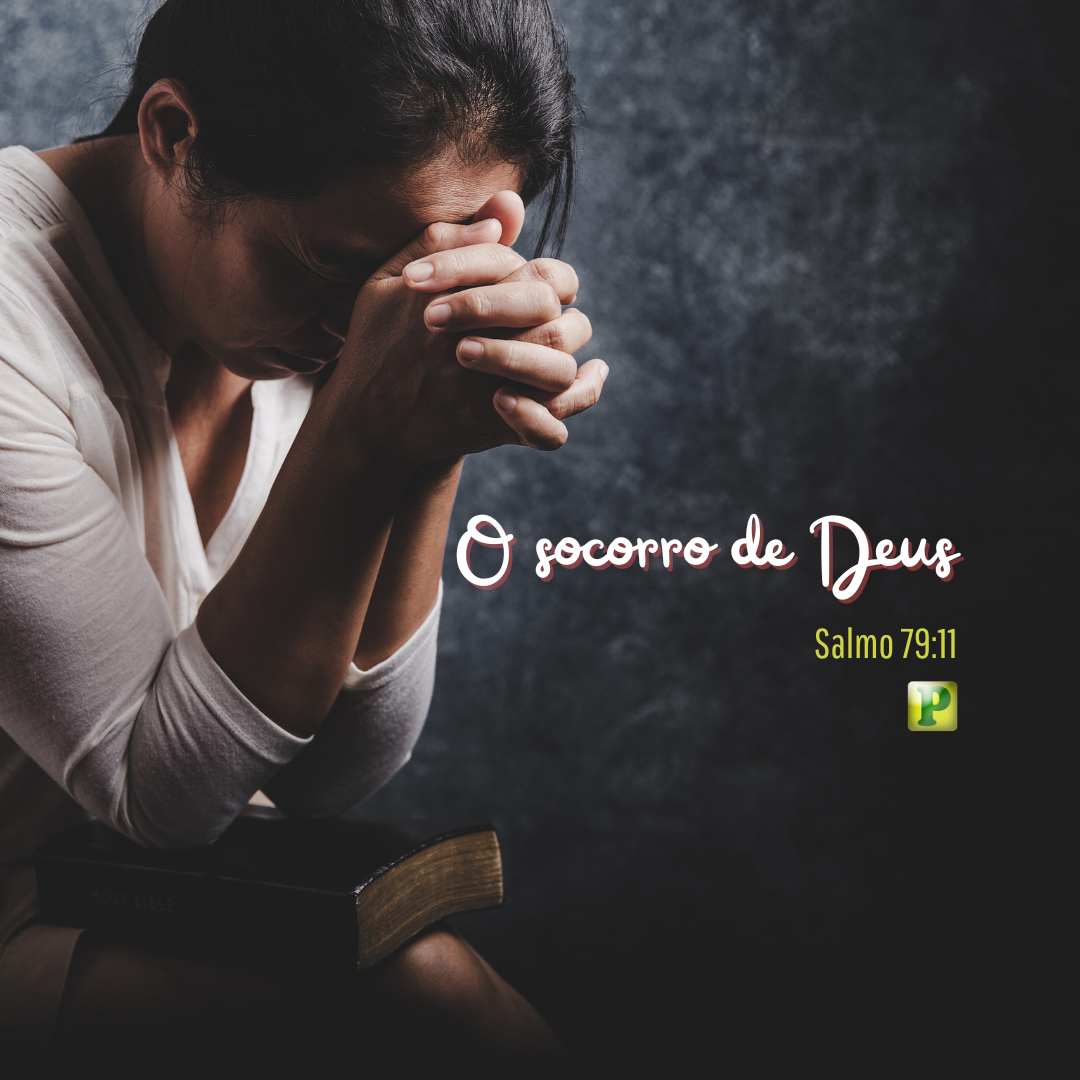Eliaseb’s rejection – Preaching
Preaching Outline on Nehemiah 13:29 – “Remember them, my God, for they have defiled the priesthood and the covenant of the priesthood and the Levites.”
Introduction to Nehemiah 13:29
The book of Nehemiah tells the story of the rebuilding of the walls of Jerusalem and the restoration of the social and religious life of the Jewish people after their exile in Babylon. Nehemiah, a courageous and dedicated leader, faced many challenges in order to fulfill the mission entrusted to him by God.
In Nehemiah 13, we find the account of Nehemiah’s second visit to Jerusalem, after a period of absence. On his return, Nehemiah was faced with a series of problems that threatened the integrity of God’s people, including neglect in the temple, disrespect for the Sabbath and contamination of the priestly line.
One of the most serious cases that Nehemiah had to deal with was the alliance between Eliashib, the high priest, and Tobiah, an Ammonite who was an enemy of God’s people. This unholy alliance resulted in Tobiah being granted a room in the temple, profaning the house of God and putting the purity of the Jewish faith at risk.
Nehemiah 13:29 records Nehemiah’s indignation and prayer in the face of this situation: “Remember them, O my God, for they have defiled the priesthood and the covenant of the priesthood and of the Levites.” Eliashib’s rejection serves as a reminder of the importance of faithfulness to God and separation from the world.
Development
Eliashib’s privileged position
Eliashib was the high priest, a position of great honor and responsibility. He was the religious leader of God’s people, responsible for mediating the relationship between the people and God, offering sacrifices and interceding for them.
As high priest, Eliashib had direct access to God’s presence in the Holy of Holies, the most sacred place in the temple. He was the guardian of God’s law and the example for the people to follow.
Deuteronomy 17:18-19 highlights the importance of the law for the king, and this same importance applies to the high priest: “And when he sits on the throne of his kingdom, he shall write for himself a record of this law in a book which is before the priests the Levites. And he shall have it with him and read in it all the days of his life, that he may learn to fear the Lord his God, to keep all the words of this law and these statutes, to do them.”
Eliashib’s position demanded faithfulness to God, obedience to his law and separation from everything that could defile the priesthood and God’s people. However, Eliashib failed in his responsibility, defiling the priesthood and dishonoring God.
The unholy alliance with Tobias
Eliashib allied himself with Tobiah, an Ammonite who was a sworn enemy of God’s people. Tobiah had opposed the rebuilding of Jerusalem’s walls and constantly plotted against Nehemiah and the Jewish people.
Nehemiah 13:4 describes the relationship between Eliashib and Tobiah: “And it came to pass before this, that Eliashib the priest, who presided over the chamber of the house of our God, had taken up with Tobiah.” This unholy alliance represented a betrayal of God and his people.
Deuteronomy 23:3-6 forbids unity with Ammonites and Moabites: “No Ammonite or Moabite shall enter the congregation of the Lord, nor shall his tenth generation enter the congregation of the Lord for ever, because they did not meet you with bread and water on the way when you came out of Egypt, and because they hired Balaam son of Beor of Pethor of Mesopotamia against you to curse you.”
Eliashib’s alliance with Tobiah contaminated the priesthood and jeopardized the purity of the Jewish faith. It opened a breach for the influence of God’s enemies within His own temple.
The desecration of the temple
Eliashib gave Tobiah a room in the temple, a sacred place dedicated to the worship of God. This profane attitude dishonored the house of God and showed disrespect for the sanctity of the place.
Nehemiah 13:7-9 recounts Nehemiah’s indignation and his action to purify the temple: “When I heard this, I rebuked Eliashib sharply and threw all the furniture of Tobiah’s house out of the chamber. Then I commanded them to cleanse the chambers, and I brought in again the vessels of the house of God, with the meal offerings and the incense.”
The temple was the place where God lived among his people. It was a place of worship, sacrifice and prayer. Tobiah’s presence in the temple contaminated the sacred environment and prevented the manifestation of God’s glory.
1 Corinthians 3:16-17 reminds us of the holiness of the temple: “Do you not know that you are the temple of God, and that the Spirit of God dwells in you? If anyone destroys the temple of God, God will destroy him; for the temple of God, which is you, is holy.”
The responsibility of leaders
The story of Eliashib teaches us about the importance of faithfulness and integrity in spiritual leaders. As leaders, we are called to be examples of holiness, obedience and separation from the world.
Hebrews 13:7 exhorts us: “Remember your pastors, who spoke to you the word of God, whose faith you should imitate, paying attention to their way of life.” Leaders should be role models, inspiring people to follow God and live according to His principles.
Eliashib’s rejection serves as a warning to all leaders not to stray from the path of justice and truth. May we seek God sincerely, guarding our hearts from the contamination of the world and living in holiness before him.
Conclusion of Nehemiah 13:29
The story of Eliashib’s rejection teaches us about the importance of faithfulness to God, separation from the world and the responsibility of spiritual leaders. Eliashib’s unholy alliance with Tobiah contaminated the priesthood, defiled the temple and dishonored God.
May Eliashib’s story serve as a warning to us, so that we don’t stray from the path of justice and truth. May we seek God sincerely, guarding our hearts from the contamination of the world and living in holiness before him.
May we be leaders after God’s own heart, leading His people along the path of faithfulness and obedience. May our lives be a living testimony of God’s love and holiness, so that His name may be glorified in us and through us.
Preaching Outline on Nehemiah 13:29 – “Remember them, my God, for they have defiled the priesthood and the covenant of the priesthood and the Levites.”
More Preaching Outlines
- Eliashib and Tobiah’s furniture – Nehemiah 13:7-9
- Those who have not defiled themselves – Revelation 3:4
- Temple, what have we put up? – Nehemiah 13:4-8




